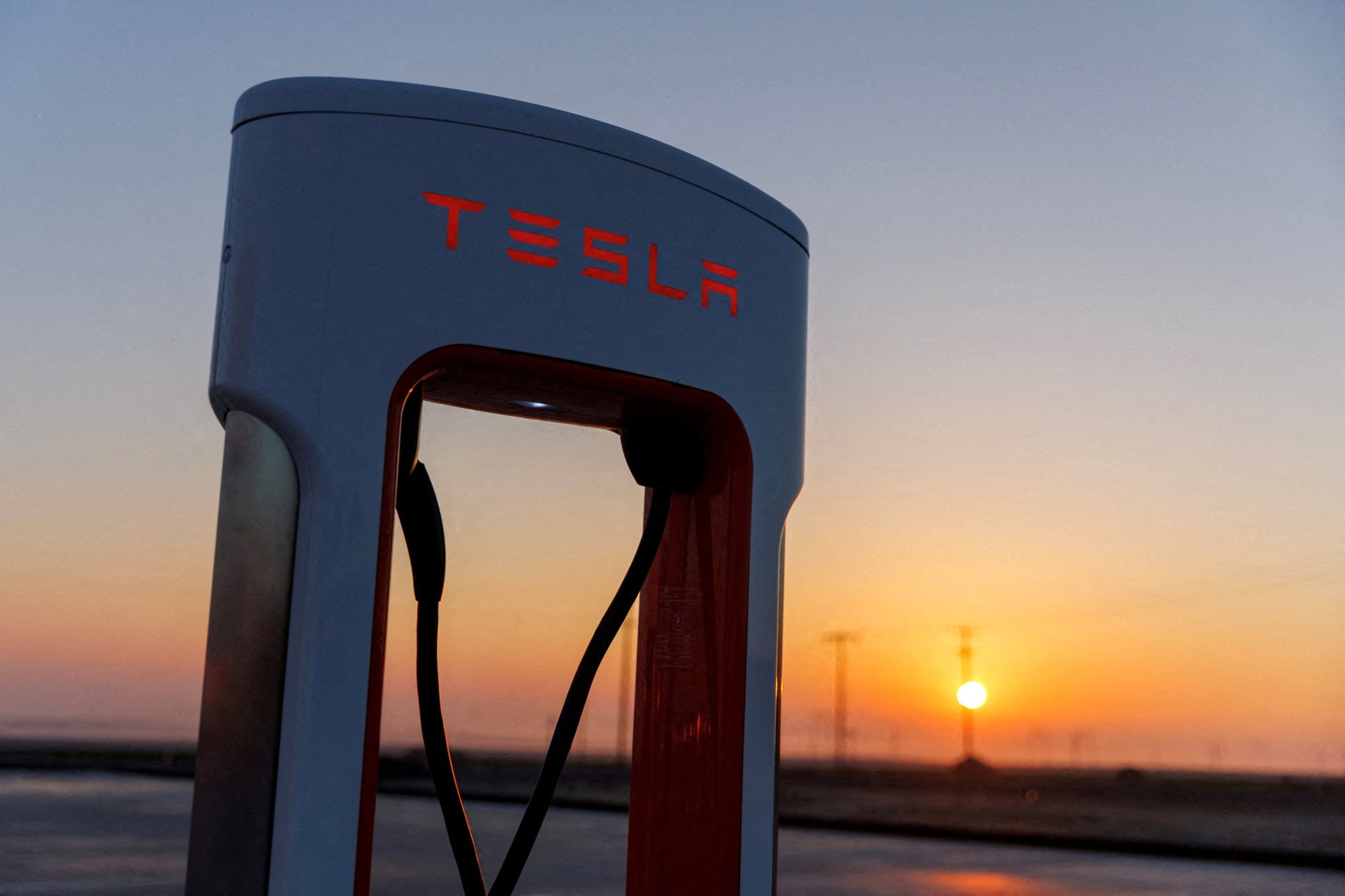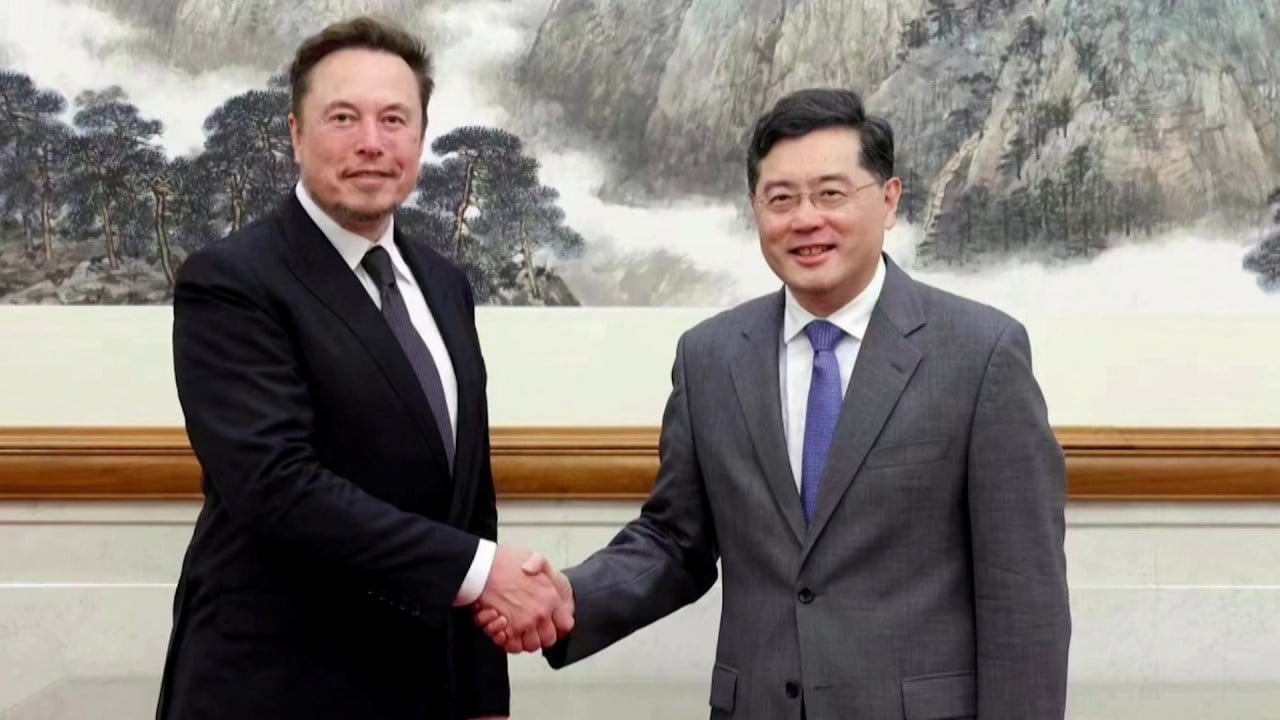Elon Musk’s US$55 billion pay package at Tesla Inc. was struck down by a Delaware judge after a shareholder challenged it as excessive, a ruling that would take a giant bite out of Musk’s wealth if it survives a likely appeal.
The decision Tuesday means that more than five years after the electric car maker’s co-founder was granted the largest executive compensation plan in history, Tesla’s board will have to start over and come up with a new proposal.
The ruling leaves the future of Musk’s fortune in limbo. Worth some US$51.1 billion, the options were one of his most valuable assets. Without them his net worth would drop to US$154.3 billion, making him the third-richest person in the world after spending most of the past couple of years as No 1, according to the Bloomberg Billionaires Index.
Following a trial that started more than a year ago, Delaware Chancery Court Chief Judge Kathaleen St. J. McCormick sided with an investor who complained that the 2018 package did not have proper disclosures about the performance benchmarks required of Musk and that the board had conflicts of interest in approving it.

Musk, 52, has topped Bloomberg’s wealth list thanks to his stake in Tesla, the world’s most valuable car company. The stock options from his compensation plan have vested in increments over the past few years as performance targets have been achieved, but he has not yet exercised any of the options, regulatory filings show.
“In the final analysis, Musk launched a self-driving process, recalibrating the speed and direction along the way as he saw fit,” the judge wrote. “The process arrived at an unfair price. And through this litigation, the plaintiff requests a recall.”
The judge’s decision to invalidate the pay plan followed another loss for the billionaire in court, in which he failed to persuade an appeal court in May to release him from a 2018 agreement with the US Securities and Exchange Commission that his Twitter posts about Tesla be screened. Musk, who prides himself on snubbing corporate norms, has prevailed in several other court battles.
In the compensation case, Tesla shareholder Richard Tornetta claimed board members failed to exercise independence as it drew up the pay package for its CEO and allowed him to improperly engineer the details of his pay plan to his liking.
Musk is world’s richest person – for now. But as Tesla slumps, Bezos closes gap
Musk is world’s richest person – for now. But as Tesla slumps, Bezos closes gap
Musk dictated the “framework and financial terms, which remained fundamentally unchanged” throughout the board’s approval process, Tornetta’s lawyers argued in briefs in Delaware Chancery Court.
The judge agreed that conflicts of interests made the board’s consideration of his pay packaged flawed.
“The most striking omission from the process is the absence of any evidence of adversarial negotiations between the Board and Musk concerning the size of the grant,” McCormick wrote.
Musk’s defence failed to explain why the “historically unprecedented compensation plan” was necessary to motivate the CEO to achieve “transformative growth”. Musk had no intention of leaving Tesla, and his ownership stake was sufficient motivation to keep him focused on growth, the judge said.
“Swept up by the rhetoric of ‘all upside,’ or perhaps starry eyed by Musk’s superstar appeal, the board never asked the US$55.8 billion question: was the plan even necessary for Tesla to retain Musk and achieve its goals?” she wrote.
Even as he was waiting for the court’s decision, Musk urged Tesla’s board in January to arrange another massive stock award for him, years after he sold a significant chunk of his shares in the company to acquire Twitter.
Since Tornetta’s case targets Tesla directors over Musk’s pay package, any recovery will go back to the company rather than the shareholder.
It remains unclear whether Musk will appeal Tuesday’s ruling or Tesla’s board will draw up a new pay package.


